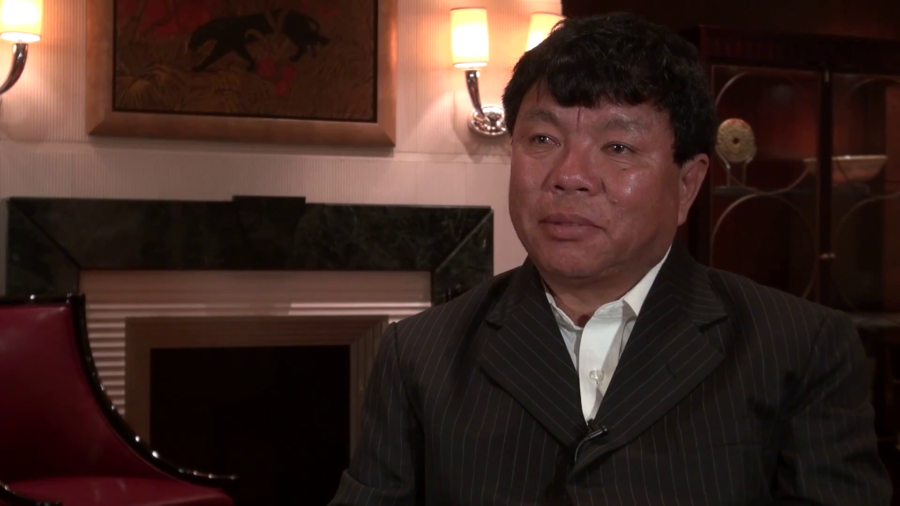Mahabir Pun: I started building a wireless network in my country Nepal in early 2000, when the wireless technology was just coming. Nobody then believed that it was possible to build a wireless network in the remote Himalayan region, and to bring Internet to the remote villages where there are no roads, no telecommunication services. So nobody believed it. I started building and connecting villages and brought Internet, and taught people how to use the computers and the Internet. Slowly we found that the Internet can be used for other things than just you know, sending emails or checking some web sites. So we are now using the Internet to provide health services, e‑learning services, and some local ecommerce services as well as some communication services for the people.
Intertitle: Describe one of the breakthrough moments of the Internet in which you have been a key participant?
Pun: Yes. I mean, for me the most memorable breakthrough that I think we made was in 2002, when we built the first long-range wireless link using a simple wifi router and a home-built antenna. So we connected the first village that was thirty-four-plus and six kilometers—that was altogether forty kilometers away from the nearest city. And nobody then believed that it was possible to build a long-range wireless network with wifi. So that was the breakthrough, and that was a very memorable time for us when we made that happen.
Intertitle: Describe the state of the Internet today with a weather analogy and explain why.
Pun: I would describe it as…quite…good weather. It’s good weather because you know, the Internet is still in its infancy. And it is still growing, and we don’t know how far it will be able to go. But it is in quite good condition right now.
Intertitle: What are your greatest hopes and fears for the future of the Internet?
Pun: Mostly the concern I have that there are still over two or three billion people still who have not been able to use the Internet, or have not been able to get benefit out of the Internet. That’s my concern. Other than that you know, the technology’s improving very fast and at an amazing pace. So I hope that the Internet will be improved much more and will be much better, cheaper, faster, and will help even the people living in the remote or less-developed countries of the world. And that it will bring good benefit for the people.
Intertitle: What action should be taken to ensure the best possible future?
Pun: I’ve worked independently in Nepal for several years to bring the benefit of the Internet in remote areas where people had never heard about the Internet. I’ve tried my best and I have been working very hard for the last twelve years. So what I learned from my experience is that it’s not how hard just a few people or a few organizers work to bring the benefit of the Internet for the population of a country, it’s not enough. The government must take initiative to provide the benefit of the Internet to the whole population of the country. So what I’m trying now is to work with the government to find ways to bring the benefit of the Internet to the whole population, not just a few segments of a community or a few people who are living near the cities.
